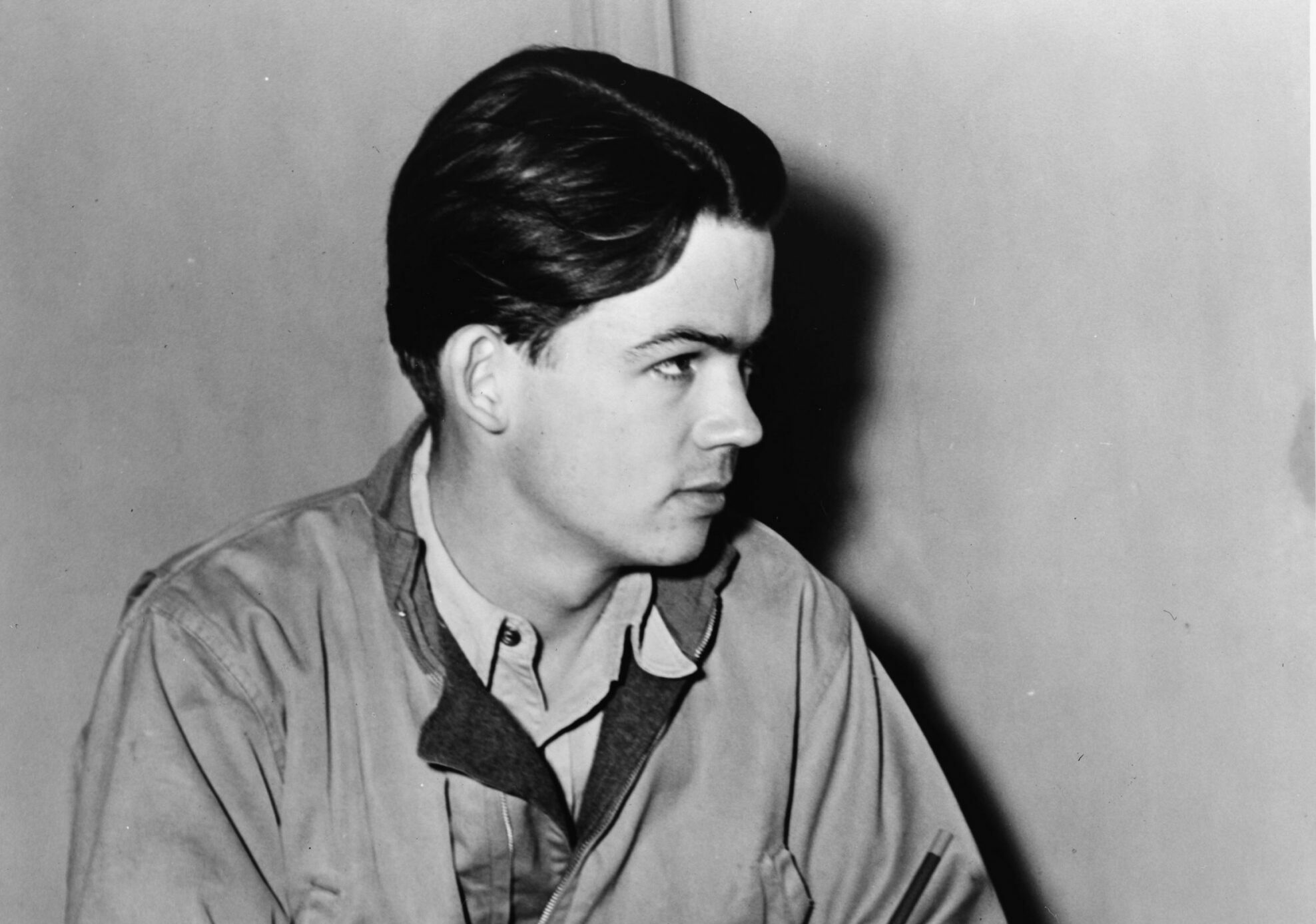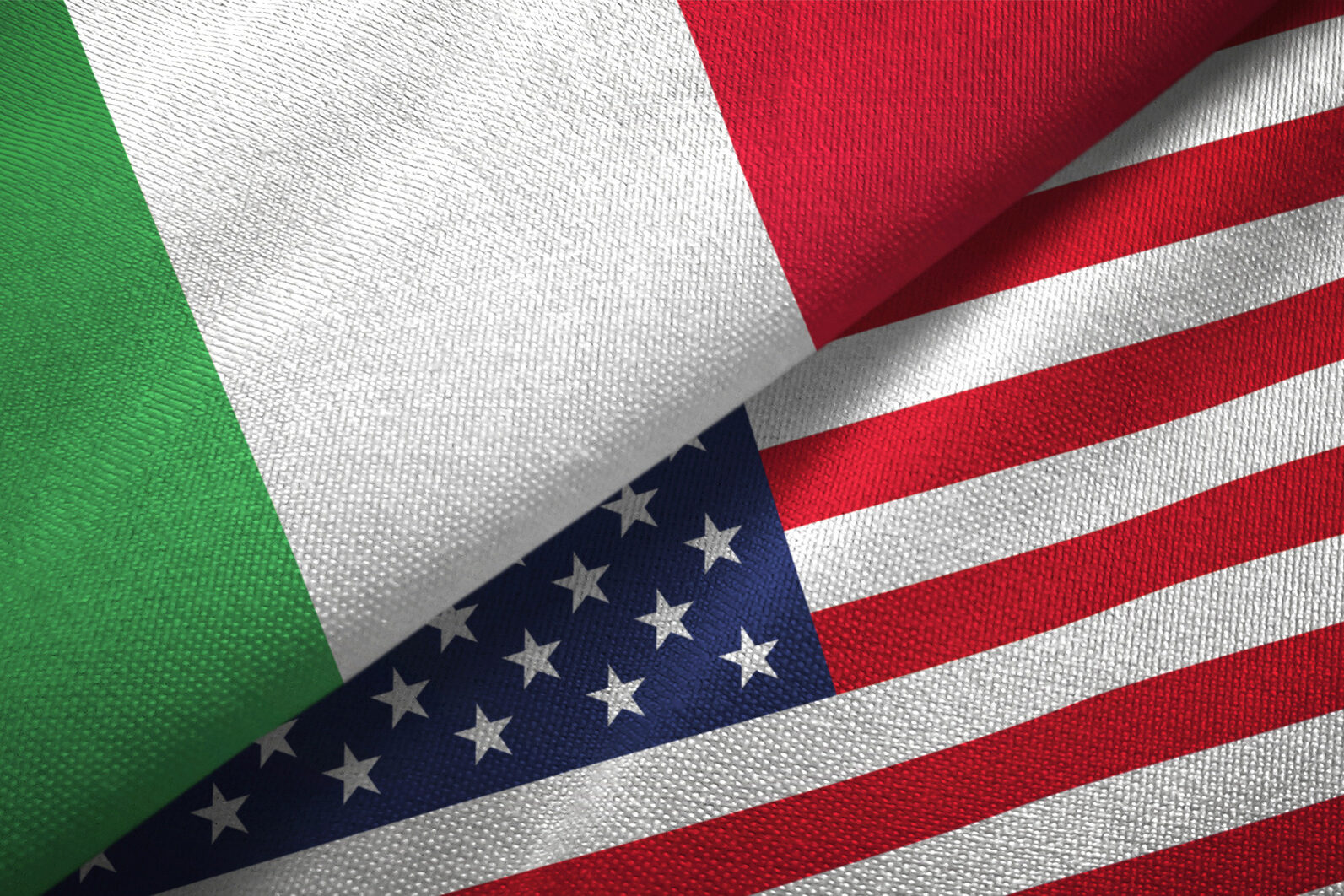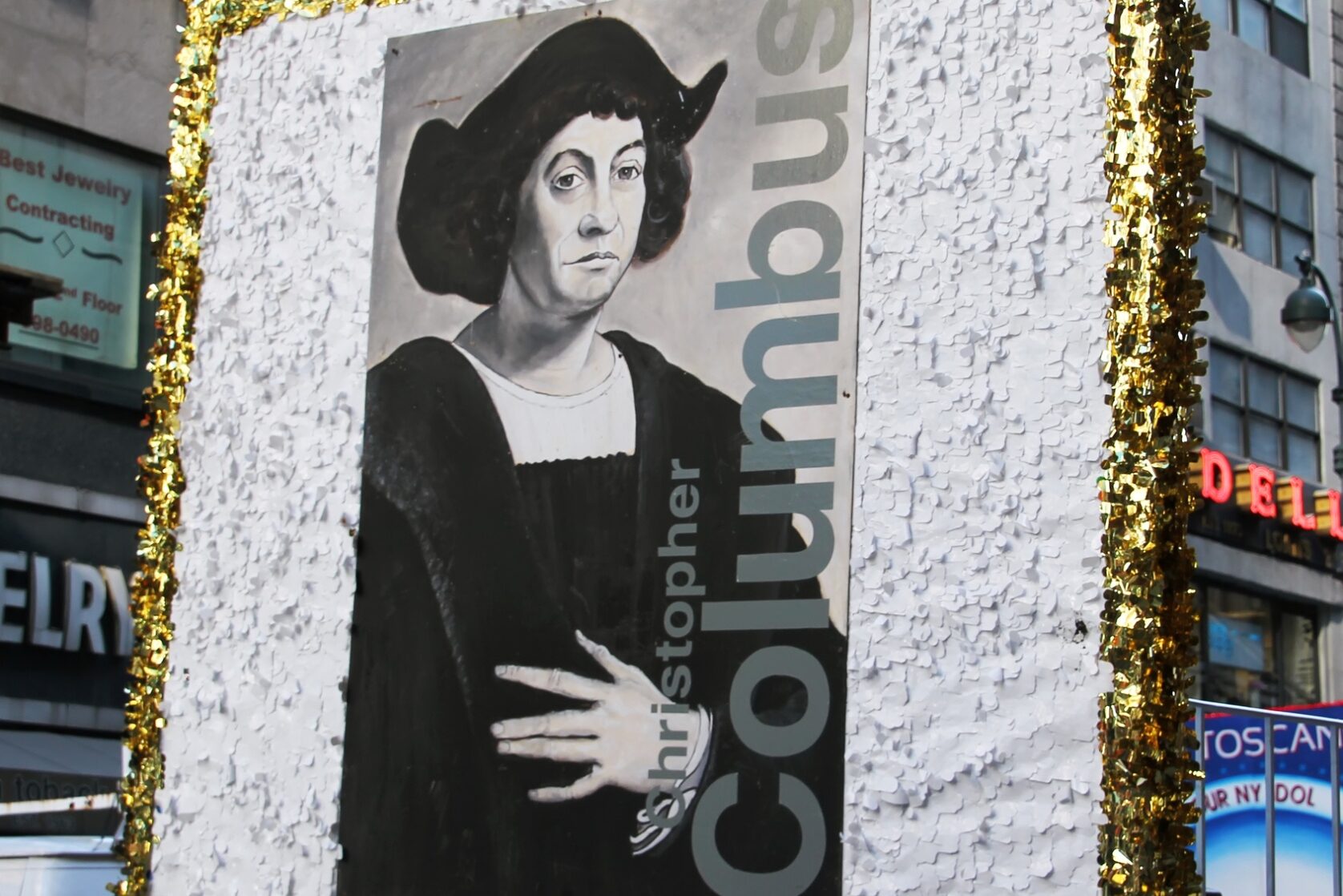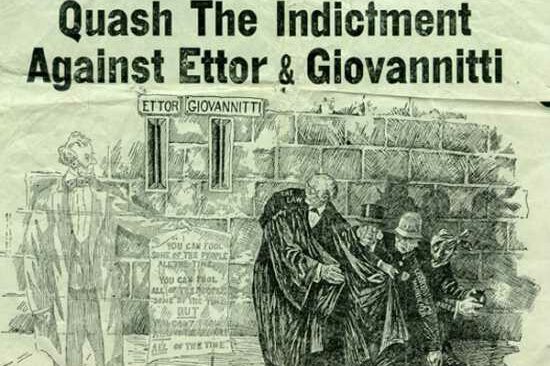Dear Readers,
Veterans Day (November 11th) and Thanksgiving Day (November 24th) are celebrated in November. Since many of our readers or members of their families are veterans of one or more wars that have taken place in their lifetime – World War II (1939-1945, with the US entering the conflict in December 1941); the Korean War (1950-1953); the Vietnam War (1959-1975, with US ground combat forces arriving in 1965); the Persian Gulf War (1990-1991) and several other Middle East conflicts – I thought I would once again thank them for their service and support organizations with an “A” rating from Charity Watch, a watchdog report program from the American Institute of Philanthropy (www. charitywatch.org). For instance, the Gary Sinise Foundation.
***
World War II veterans still fondly remember artist/cartoonist Bill Mauldin (1922-2003) who enlisted in the Army, was assigned to the 180th Infantry as a rifleman, and later became the voice of World War II infantrymen through his drawings and weary dog-faced GIs Willie and Joe.
Bill Mauldin, who served in Italy and other battle-scarred parts of Europe, gave readers back home a foxhole-level view of the war front, from 1940 to 1945, via his cartoons, the protagonists of which, Willie and Joe, slogged through training camp and European battle fronts sarcastically mocking everything, from the orders they received to their equipment, all the way to their allies. The cartoons, published in Stars and Stripes, delighted his fellow soldiers and endeared Maulin to Americans at home. However, his non-conformist approach led him to a face-to-face upbraiding with General George Patton. But Mauldin continued to draw what he wanted and, in 1945, his series Up Front with Mauldin featuring Willie and Joe won him a Pulitzer Prize for educational cartooning.
***
Here are some passages from Bill’s work that recount his experience in Italy during World War II:
“Most people in Italy and Sicily gave us a rousing welcome in all their towns and cities, but nowhere was there such excitement as in Rome. We got awful cynical about it because the enthusiasm seemed to stop and the complaints started twenty-four hours after everybody was kissing everybody else. When would we bring shoes, food, clothes and phonograph records? Who was to pay for uncle Antonio’s vino shop, and why did we have to shell aunt Amelia’s ristorante?”
“When the mountain fighting in Italy started to get tough, and it was impossible for trucks or jeeps to bring food and water, companies were mustered and calls for experienced mule skinners went out through the divisions. Mules were sought out and bought from farmers. They carried supplies to many soldiers who hadn’t seen a jeep for weeks.”
“Shortly after Rome fell, all of the city’s better hotels were grabbed by brass hats and the Air Forces. Did the infantry have a hotel? Hell, no. The sightseeing doggie was out of luck if he wanted a place to sleep after he ogled some of Rome’s sights. This was a heck of a note for the doggie who had sweated out Anzio and Cassino, and who had pushed north to take Rome after nine awful months in Italy.”
***
Thanksgiving Day is a day of gratitude, so I thought I would print noted 1980s motivational speaker Earl Nightingales’ thoughts on the subject:
“To my way of thinking the luckiest people are those who have developed an almost constant sense of gratitude. A person who is not conscious of living – and of all the things that living embodies – might just as well not be living at all. This is what Socrates meant when he said: ‘The unexamined life is not worth living.’ The luckiest people are those who are grateful for their work and grateful that they can do their work and do it well. They are grateful for their family and they never take them for granted. They are grateful for their health and their friends and their opportunities. They are aware of the ugly and sordid things that go on around them but they do not permit themselves to be dismayed. When trouble comes their way, they seem to know it is only temporary. They are so grateful for all the good things, they don’t have time for preoccupation with the unpleasant things. They expect the best from life as we all do; they get what they expect ninety-five percent of the time. They wake up in the morning grateful that they are alive and get to bed the same way at night. They seem to be aware that they are living every second of their lives and they enjoy their food, their sleep, their work and their friends. We all know people like this and can learn from them. And perhaps the best way to do that is to develop a strong sense of gratitude.”
Cari lettori,
a novembre si celebrano la Giornata dei Veterani (11 novembre) e il Giorno del Ringraziamento (24 novembre). Poiché molti dei nostri lettori o i componenti delle loro famiglie sono veterani di una o più guerre che hanno avuto luogo nel corso della loro vita – la Seconda guerra mondiale (1939-1945, con l’ingresso degli Stati Uniti nel conflitto nel dicembre 1941); la Guerra di Corea (1950-1953); la Guerra del Vietnam (1959-1975, con l’arrivo delle forze di terra statunitensi nel 1965); la Guerra del Golfo Persico (1990-1991) e diversi altri conflitti in Medio Oriente – ho pensato di ringraziarli ancora una volta per il loro servizio e di sostenere le organizzazioni che hanno ottenuto una valutazione “A” da Charity Watch, un programma di controllo dell’American Institute of Philanthropy (www. charitywatch.org). Ad esempio, la Gary Sinise Foundation.
***
I veterani della Seconda Guerra Mondiale ricordano ancora con affetto l’artista/cartoonist Bill Mauldin (1922-2003), che si arruolò nell’esercito, fu assegnato al 180° Fanteria come fuciliere e in seguito divenne la voce dei fanti della Seconda Guerra Mondiale attraverso i suoi disegni e le facce stanche dei GI Willie e Joe.
Bill Mauldin, che ha prestato servizio in Italia e in altre parti d’Europa segnate dalle battaglie, ha offerto ai lettori a casa una visione da trincea del fronte di guerra, dal 1940 al 1945, attraverso le sue vignette, i cui protagonisti, Willie e Joe, hanno attraversato i campi di addestramento e i fronti di battaglia europei deridendo sarcasticamente tutto, dagli ordini ricevuti all’equipaggiamento, fino ai loro alleati. Le vignette, pubblicate su Stars and Stripes, entusiasmarono i commilitoni e fecero conoscere Maulin agli americani in patria. Tuttavia, il suo approccio anticonformista lo portò a un faccia a faccia con il generale George Patton. Ma Mauldin continuò a disegnare ciò che voleva e, nel 1945, la serie Up Front with Mauldin con Willie e Joe gli valse il Premio Pulitzer per il fumetto educativo.
***
Ecco alcuni passaggi dell’opera di Bill che raccontano la sua esperienza in Italia durante la Seconda guerra mondiale:
“La maggior parte della gente in Italia e in Sicilia ci dava un caloroso benvenuto in tutte le città, ma in nessun luogo ci fu tanta eccitazione come a Roma. Divenimmo terribilmente cinici perché l’entusiasmo sembrava cessare e le lamentele iniziare ventiquattro ore dopo che tutti baciavano tutti. Quando avremmo portato scarpe, cibo, vestiti e dischi fonografici? Chi doveva pagare il negozio di vino dello zio Antonio, e perché dovevamo spendere nel ristorante della zia Amelia?”.
“Quando i combattimenti in montagna in Italia cominciarono a farsi duri, e fu impossibile per i camion o le jeep portare cibo e acqua, le compagnie furono radunate e gli appelli per esperti portatori di muli furono diramati fra tutte le divisioni. I muli furono cercati e acquistati dai contadini. Portarono rifornimenti a molti soldati che non avevano visto una jeep per settimane”.
“Poco dopo la caduta di Roma, tutti i migliori alberghi della città furono presi dagli elmetti di ottone e dalle forze aeree. La fanteria aveva un albergo? No, diamine. Il cagnolino in visita era sfortunato se pensava di volere un posto per dormire dopo aver ammirato le bellezze di Roma. Questa era una nota dolente per il cagnolino che aveva sudato ad Anzio e Cassino, e che si era spinto a nord per conquistare Roma dopo nove mesi terribili in Italia”.
***
Il Giorno del Ringraziamento è un giorno di gratitudine, quindi ho pensato di pubblicare il pensiero del noto oratore motivazionale degli anni ’80 Earl Nightingales:
“A mio modo di vedere, le persone più fortunate sono quelle che hanno sviluppato un senso di gratitudine quasi costante. Una persona che non è consapevole di vivere – e di tutte le cose che la vita incarna – potrebbe benissimo non vivere affatto. Questo è ciò che intendeva Socrate quando diceva: “La vita non sperimentata non vale la pena di essere vissuta”. Le persone più fortunate sono quelle che sono grate per il loro lavoro e per il fatto di poterlo fare e di farlo bene. Sono grate per la loro famiglia e non la danno mai per scontata. Sono grati per la loro salute, i loro amici e le loro opportunità. Sono consapevoli delle cose brutte e sordide che accadono intorno a loro, ma non si lasciano sgomentare. Quando i problemi si presentano sulla loro strada, sembrano sapere che sono solo temporanei. Sono così grati per tutte le cose belle che non hanno tempo per preoccuparsi delle cose spiacevoli. Si aspettano il meglio dalla vita, come tutti noi, e ottengono ciò che si aspettano nel novantacinque per cento dei casi. Si svegliano al mattino grati di essere vivi e vanno a letto allo stesso modo la sera. Sembrano consapevoli di vivere ogni secondo della loro vita e si godono il cibo, il sonno, il lavoro e gli amici. Tutti noi conosciamo persone così e possiamo imparare da loro. E forse il modo migliore per farlo è sviluppare un forte senso di gratitudine”.






























